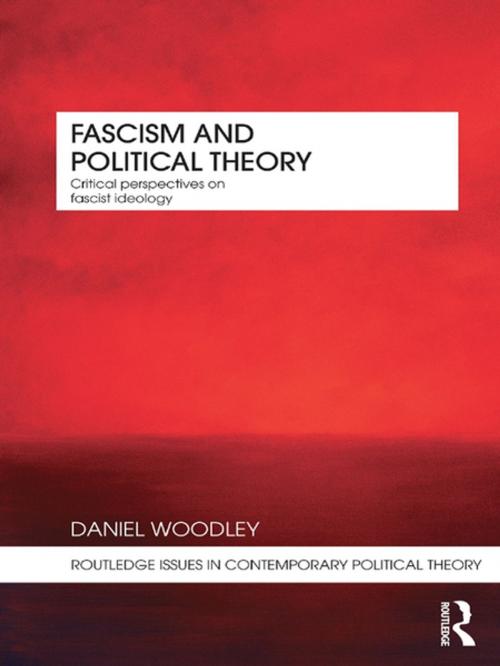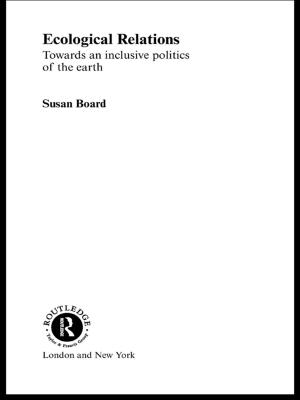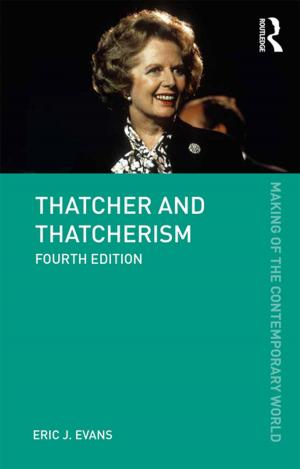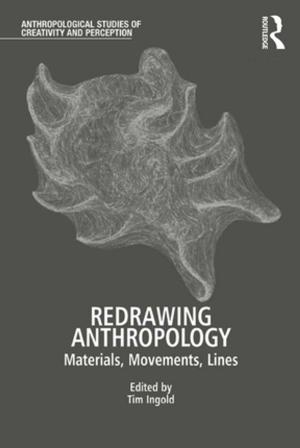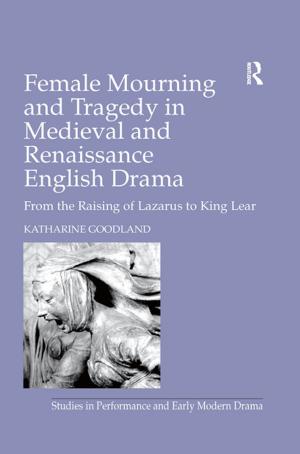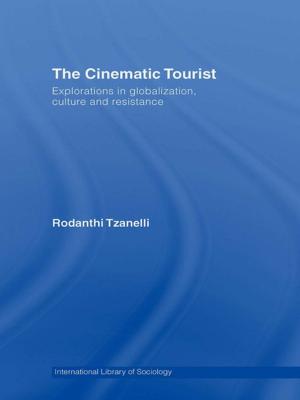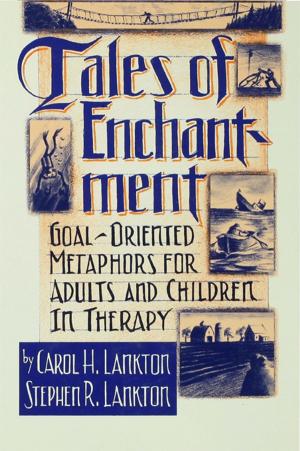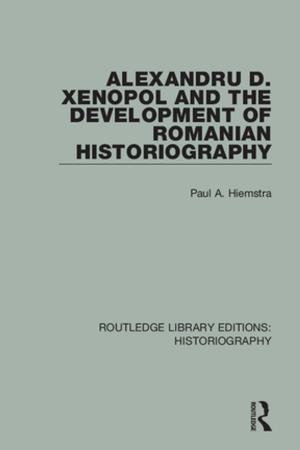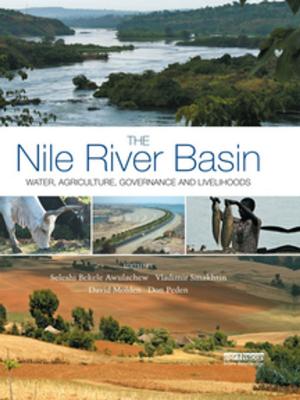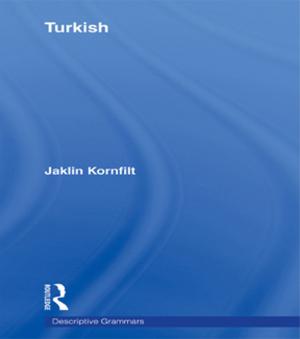Fascism and Political Theory
Critical Perspectives on Fascist Ideology
Nonfiction, Social & Cultural Studies, Political Science, Religion & Spirituality| Author: | Daniel Woodley | ISBN: | 9781135248796 |
| Publisher: | Taylor and Francis | Publication: | September 17, 2009 |
| Imprint: | Routledge | Language: | English |
| Author: | Daniel Woodley |
| ISBN: | 9781135248796 |
| Publisher: | Taylor and Francis |
| Publication: | September 17, 2009 |
| Imprint: | Routledge |
| Language: | English |
Fascism and Political Theory offers both students and researchers a thematic analysis of fascism, focusing on the structural and ideological links between fascism, capitalism and modernity. Intended as a critical discussion of the origins and development of fascist ideology, each chapter deals with a core substantive issue in political theory relevant to the study of fascism and totalitarianism, beginning with an assessment of the current state of debate.
The emphasis on formal ideology in contemporary Anglo-American historiography has increased our awareness of the complexity and eclectic nature of fascist ideologies which challenge liberalism and social democracy. Yet in too many recent works, a programmatic or essentialist reading of fascist ideology as a ‘secular religion’ is taken for granted, while researchers remain preoccupied with the search for an elusive ‘fascist minimum’.
In this book Woodley emphasizes that many outstanding questions remain, including the structural and ideological links between fascism and capitalism, the social construction of fascist nationalism, and the origins of fascist violence in European colonialism. This volume consolidates the reader’s theoretical understanding and provides the interdisciplinary skills necessary to understand the concrete social, economic and political conditions which generate and sustain fascism.
A timely critique of culturalist and revisionist approaches in fascism studies which provides a concise overview of theoretical debates between liberalism, Marxism and poststructuralism, this text will be of great interest to students of politics, modern history and sociology.
Fascism and Political Theory offers both students and researchers a thematic analysis of fascism, focusing on the structural and ideological links between fascism, capitalism and modernity. Intended as a critical discussion of the origins and development of fascist ideology, each chapter deals with a core substantive issue in political theory relevant to the study of fascism and totalitarianism, beginning with an assessment of the current state of debate.
The emphasis on formal ideology in contemporary Anglo-American historiography has increased our awareness of the complexity and eclectic nature of fascist ideologies which challenge liberalism and social democracy. Yet in too many recent works, a programmatic or essentialist reading of fascist ideology as a ‘secular religion’ is taken for granted, while researchers remain preoccupied with the search for an elusive ‘fascist minimum’.
In this book Woodley emphasizes that many outstanding questions remain, including the structural and ideological links between fascism and capitalism, the social construction of fascist nationalism, and the origins of fascist violence in European colonialism. This volume consolidates the reader’s theoretical understanding and provides the interdisciplinary skills necessary to understand the concrete social, economic and political conditions which generate and sustain fascism.
A timely critique of culturalist and revisionist approaches in fascism studies which provides a concise overview of theoretical debates between liberalism, Marxism and poststructuralism, this text will be of great interest to students of politics, modern history and sociology.
